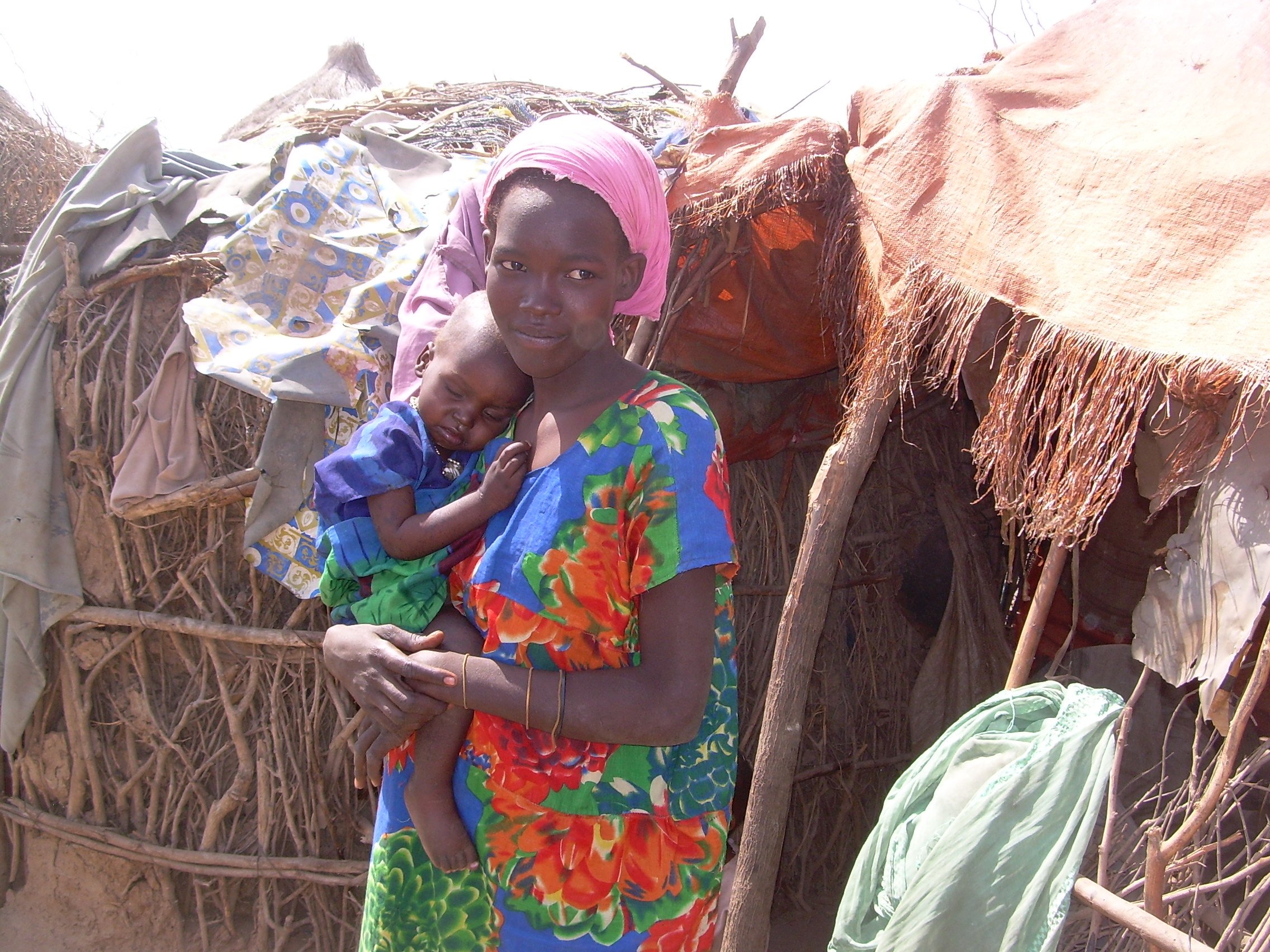Somalia is moving more rapidly than expected into a serious humanitarian crisis, with an estimated 3.2 million people both in urban and rural areas facing extreme poverty, according to humanitarian officials.
"Somalia is really at a stage where the situation is getting increasingly acute and a cause for major concern," Mark Bowden, the UN resident and humanitarian coordinator for Somalia, said in an interview with IRIN on 27 August.
He attributed the crisis to drought and high food prices, coupled with the collapse of the Somali currency and continuing instability, making the country "one of the most difficult crises to deal with”.
The Food Security Analysis Unit (FSAU) [www.fsausomali.org] of the UN Food and Agriculture Organization (FAO) termed the humanitarian situation in Somalia as one of the worst in world.
"Within the first six months of this year, the number of people requiring emergency livelihood and humanitarian support increased 77 percent, from 1.83 million to 3.25 million, affecting 43 percent of the entire population of the country," said the agency in a statement issued on 26 August.
FSAU said: "One in six children under the age of five is acutely malnourished, and the number is continuing to increase.”
 Photo: Allan Gichigi/IRIN  |
| Mark Bowden, UN Resident and Humanitarian Coordinator for Somalia |
"As they cannot cope with the compounding shocks of conflict, drought, and hyperinflation, many of the poor and middle households are becoming severely indebted, and are adopting extreme coping strategies, including reducing food consumption, skipping meals, splitting families, selling productive assets and out migrating, known locally as 'keynaan’," she added.
The combined effects of escalating conflict, civilian insecurity and instability in Somalia has fuelled an economic crisis beginning to have a wider and more devastating impact on the broader population, she said, adding that this was "threatening to plunge the country into an even greater humanitarian disaster".
While all the indications are that the humanitarian crisis will continue to worsen in the coming months, humanitarian access is insufficient to meet the growing humanitarian needs, FSAU warned.
FSAU said there is an urgent need to scale-up integrated emergency livelihood and humanitarian assistance.
ah/sr
This article was produced by IRIN News while it was part of the United Nations Office for the Coordination of Humanitarian Affairs. Please send queries on copyright or liability to the UN. For more information: https://shop.un.org/rights-permissions





